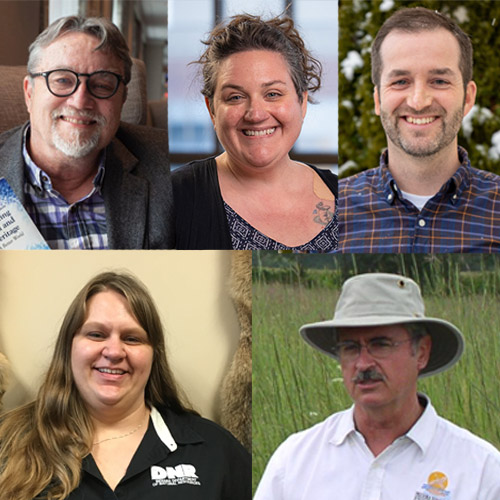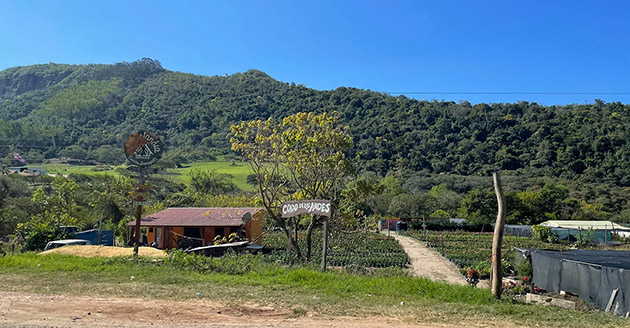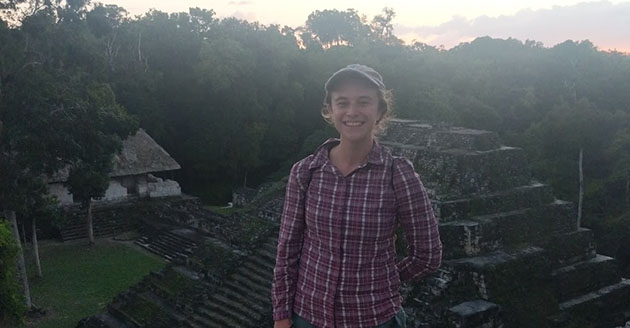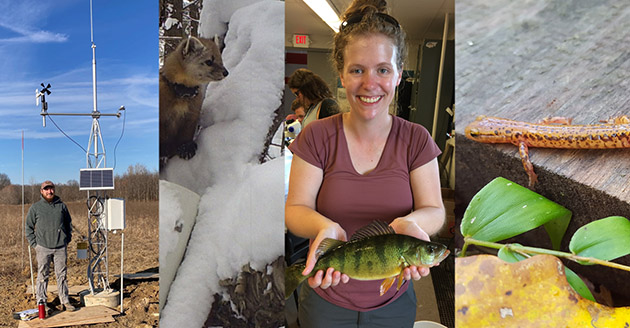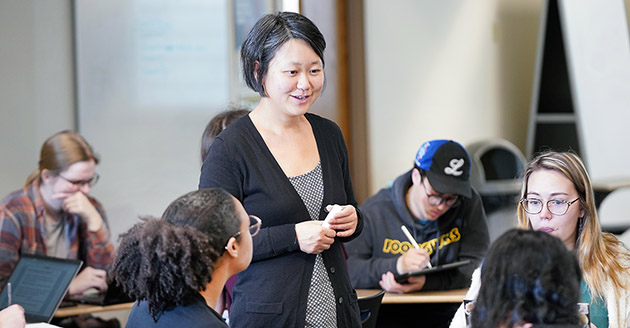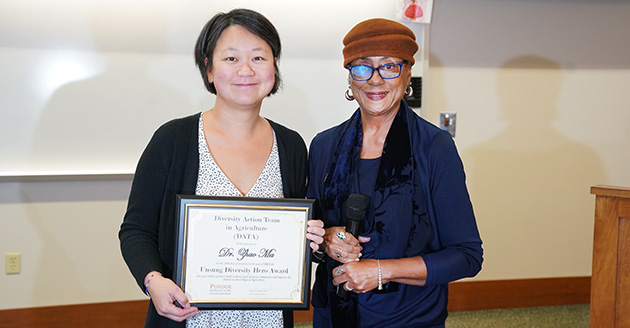Research - Natural Resource Social Science
Studying the social, political and economic implications of alternative public policies with regard to the protection, management and use of natural resources. The awareness, attitudes and behaviors of individuals and groups as these related to natural resources management are also explored.
Faculty:
Dr. Zhao Ma
Natural resource decision making by individual and organizational actors in the context of social-ecological change.
Dr. Mo Zhou
Information to come soon.
Areas of Specialization:
- Human Dimensions of Natural Resources
- Natural Resource Policy
- Natural Resource Economics
- Natural Resource Decision Making
- Forest Economics
Learn More About Our Research
View our nine research areas along with our world-class faculty.
FNR research centers seek to support and enhance the research and partnership enterprise at Purdue University. The centers are valued and encouraged at Purdue as they create a venue for faculty to come together to pursue common goals. Forestry and Natural Resources have faculty and staff involved in six centers here at the University.
The Department of Forestry and Natural Resources maintains an impressive collection of state-of-the-art research and education facilities. These labs, green houses and educational facilities are a fundamental component that enables our faculty and students to learn, make new discoveries and engage our clients in using these discoveries to sustain our nation’s ecosystems and natural resources.
The mission of the Department of Forestry and Natural Resources is to develop and disseminate knowledge in the natural resource sciences associated with the protection, management and sustainable use of terrestrial and aquatic ecosystems. One way the department accomplishes our mission is by owning and managing 24 properties located throughout the state to provide opportunities for research, extension and education that achieves sustainable use of our natural resources.

